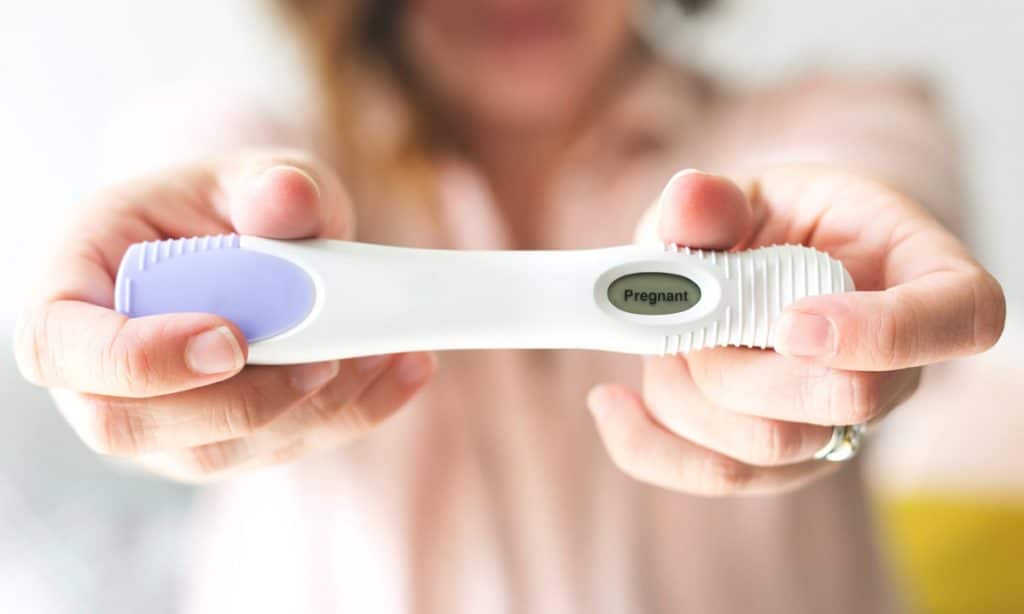While not much is known about the drink and it’s effect on our bodies, studies suggest that even small doses can delay the pregnancy process.
Fertility is a prickly subject, with some couples struggling for years to conceive and others getting pregnant by accident. It’s a stressful topic, one that is influenced by hundreds of variables that are out of our control. One thing that’s manageable however, is your lifestyle decisions, which significantly impact your odds of conceiving and delivering a healthy baby. Among these is alcohol, and how much you consume of it.
While drinking alcohol during pregnancy is never a good idea, there are plenty of questions regarding the moments prior to pregnancy. Alcohol’s effects on fertility are complicated, with studies showing that even light doses can delay pregnancies. Heavy drinking, aside from significantly delaying pregnancies, can also reduce the chances of delivering a healthy baby.
RELATED: Having A High Alcohol Tolerance Isn’t As Great As You Might Assume

According to YourFertility.org, it’s important for women to be careful when consuming alcohol and trying to conceive. “Binge drinking (more than six standard drinks on one occasion) can cause miscarriage, stillbirth, premature birth, small birth weight, and Foetal Alcohol Spectrum Disorder (FASD),” explains the site.
Data shows that alcohol consumption negatively impacts both men and women, although in different ways. No one knows exactly what alcohol does to women’s reproductive systems, but even light drinking has been associated with delays in the pregnancy process. A 2017 study that looked into Fetal Alcohol Syndrome concluded that women should avoid alcohol altogether while trying to conceive. “No ‘safe dose’ has been identified, and effects to the fetus may begin as early as immediately after implantation.”
RELATED: Let’s Talk About Your Drinking Habits And How Harmful They Might Be
In the case of men, it’s only heavy drinking that should be a concern since it’s correlated to impotence, lower sex drives, and lower sperm quality.
The good news is that if you’re planning on having babies in the future, there’s no reason to stop drinking now. In an interview with The Huffington Post, Ryan Martin, a reproductive endocrinologist, said that a history of moderate alcohol consumption is unlikely to mess with your future pregnancies.


